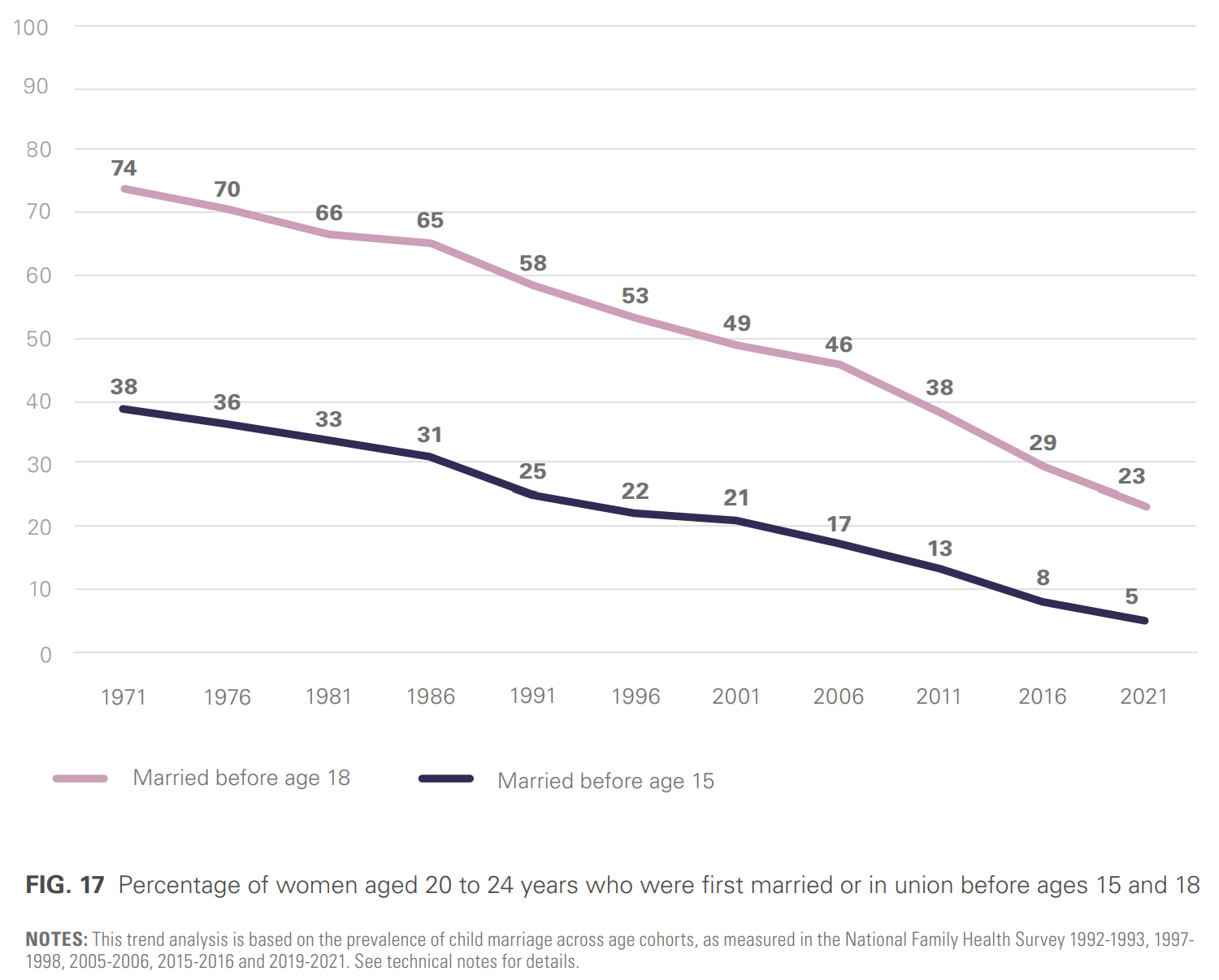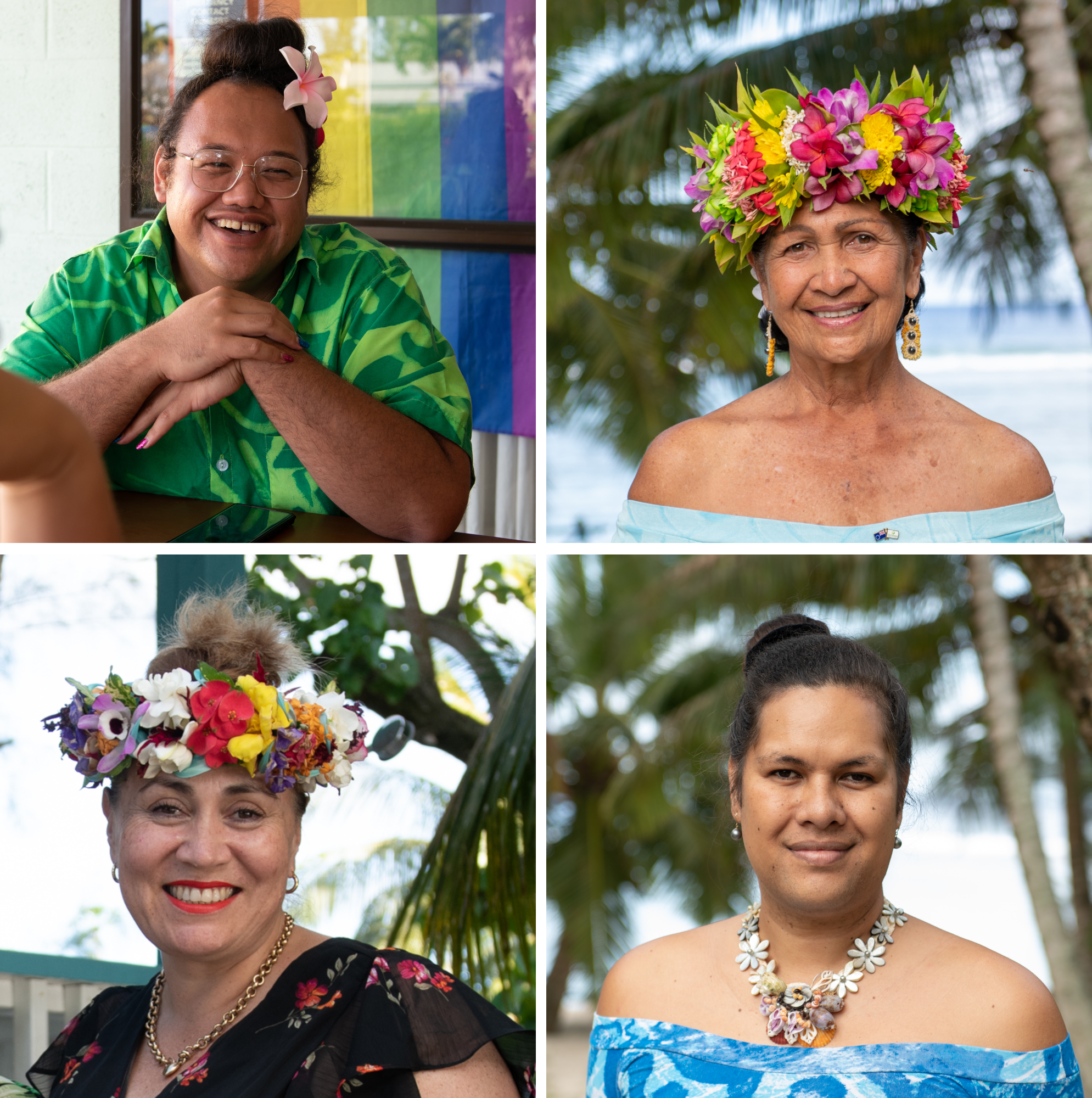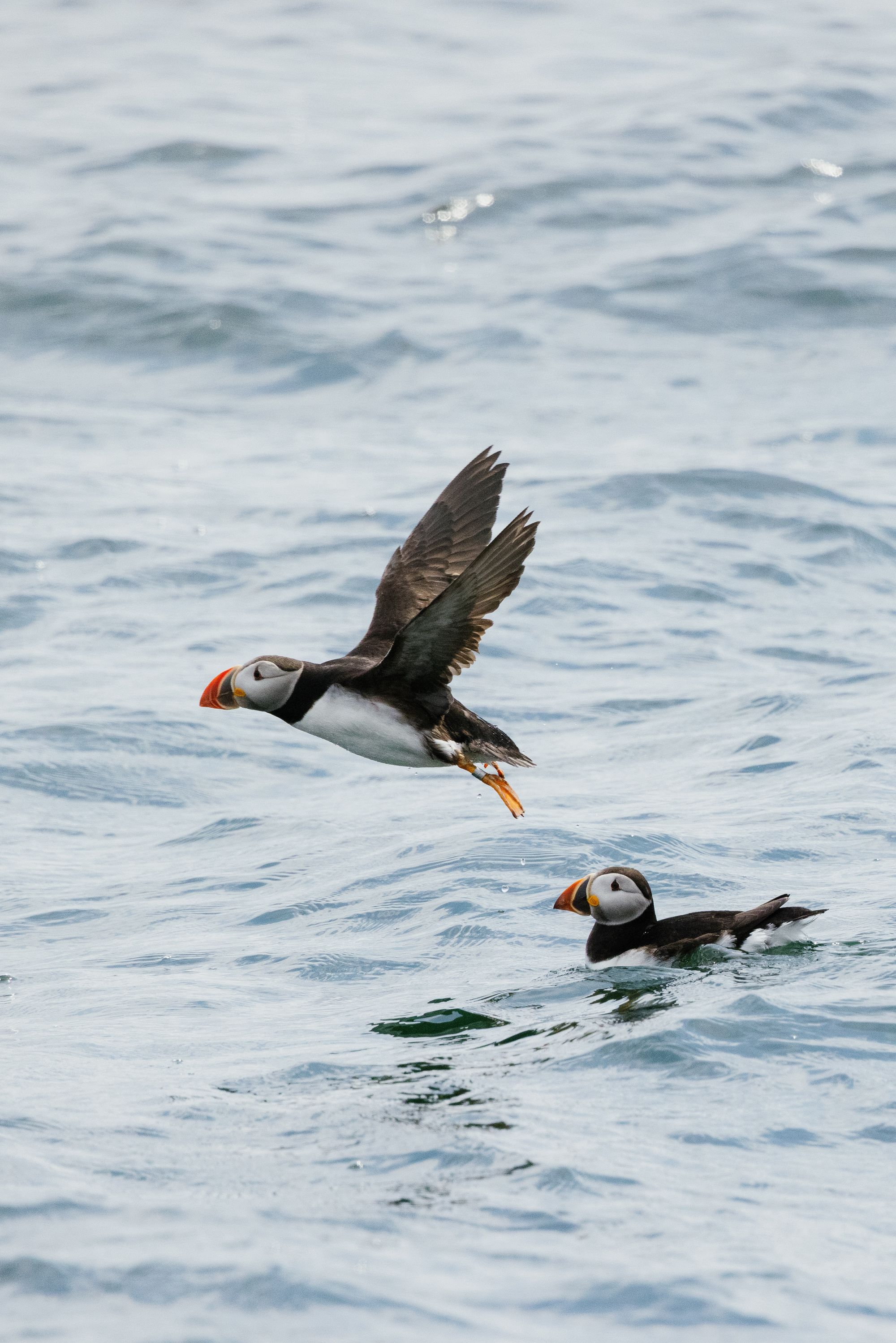Good news you probably didn't hear about
Respiratory diseases are the third-biggest cause of death worldwide, after heart disease and cancer. So it's good news that a new study in The Lancet shows that globally, the age-standardised death rate due to chronic respiratory diseases fell by 41.7% between 1990 to 2019, and prevalence fell by 16.9% during the same period. Although the pandemic has set back some of this progress, it's still an extraordinary achievement.

Have you ever heard of the LV Prasad Eye Institute in Hyderabad, India? We hadn't either, and were pretty impressed to discover that since being started by Dr Gullapalli Rao in 1987, it's served 16 million people free of cost, in over 12,000 villages across India, and trained almost 60,000 healthcare professionals. Siasat
Cigarette smoking in the United States dropped to another all-time low last year, with the percentage of adult smokers falling to 11%, down from around 12.5% in 2020 and 2021. A bit of historical context: in the 1960s, 42% of US adults were smokers. AP
Last week, Nebraska protected the right to abortion in a solidly Republican state, five female state senators in South Carolina defeated a similarly restrictive piece of legislation, and Minnesota passed three bills in a single day that preserve reproductive freedom, ban conversion therapy, and make the state a refuge for transgender people.
Abortion laws, each and every one of them, have been about control. It’s always about control, plain and simple. And in the Senate, the males all have control. We, the women, have not asked for... nor do we want your protection. We don’t need it. There is not a single thing I can do when women such as me are insulted except make sure that you get an earful.
South Carolina Republican Senator, Sandy Senn
China’s once-smog-choked skies are steadily improving, according to measurements taken by NASA. The speed at which China has done this is unprecedented, with average exposure to fine particulate matter falling by almost half since 2013, mostly as a result of stricter controls on industrial emissions. Nature
Bangladesh's clothing industry has been completely transformed thanks to labour laws passed after the Rana Plaza tragedy ten years ago. Over 80% of factories are now compliant with international safety standards. “It has undoubtedly saved thousands of lives, through ensuring repairs and renovations at more than 1,600 factories that employ two and a half million garment workers.” Al Jazeera
Yes, everything in France is awful, apart from the fact that it has one of the lowest levels of inequality in the world, devotes a higher percentage of GDP to redistributing market inequalities than any of its wealthy peers, is near the top for average life expectancy, its workers retire earlier than anyone else in Europe (with the lowest rate of poverty), and unemployment is at its lowest in a generation.
An estimated 640 million girls and women alive today were married in childhood, according to a new report by UNICEF. That's a shocking statistic, but things are getting better. Today, one in five young women aged 20 to 24 years were married as children, versus nearly one in four a decade ago. Progress has been particularly strong in India, the country with the most child brides in the world.

Good news for the American economy. Immigration is back after a multi-year period of decline due to Trump-era policies and the pandemic. Over the past two and a half years, immigration into the US labour market has increased by four million workers. More than 900,000 immigrants became citizens last year, the third-highest on record and the most in any year since 2008. FT
The Australian Institute of Criminology says Australia’s murder rate has fallen by 55% since the early 1990s, despite a small blip during COVID. Overall crime rates are declining too: physical assaults are down by 39% compared to 2009, face-to-face threatened assaults are down 44%, and robberies are down 50%. The Conversation
The World Bank just completed a huge, six-year education project in rural Argentina, enrolling a million students and building or refurbishing 183 rural schools. The result? Primary-education repeat rates decreased by almost 50%, transition rates to high school increased from 74% to 80%, and high school completion rates increased from 63.3% to 74.1%.
A new international study looking at human behaviour in multiple cultures has shown that small acts of kindness are frequent and universal. People make small requests for help from others every few minutes, and these are granted seven times more often than declined, and six times more often than they are ignored. Science Daily
When we zoom in on the micro level of social interaction, cultural difference mostly goes away, and our species' tendency to give help when needed becomes universally visible.
Giovanni Rossi, Assistant Professor of Sociology, UCLA
Remember last week's story about the decriminalization of homosexuality in the Cook Islands? Well, here are the people who made it happen.

You're reading the free version of Future Crunch. Have you ever thought about subscribing? A subscription goes a long way and it means we get to keep bringing you good news every week. It’s US$5 a month or US$50 a year and you get all of the extra things that make this newsletter special. Hit the pink button below to find out more!
The only home we've ever known
Bolivia has created a new 43,868-hectare conservation area called the Mayaya de Teoponte in La Paz, connecting Indigenous territories to the north and a conservation area in the southeast. Most of it has been designated as integrated, meaning conservation and sustainable development must go hand-in-hand in its future management.
Environmental groups in Canada are celebrating after forcing Chevron to relinquish 19 offshore exploration permits granted 50 years ago within one of the country's most diverse marine ecosystems. The victory protects globally-unique glass sponge reefs and critical seabird habitats. Eco Justice
The British government just announced new funding for over 80 conservation projects around the world. The projects, ranging from snow leopard conservation in Kyrgyzstan to beekeeping in Ghana and watershed protection in Bolivia, are aimed at boosting international biodiversity, supporting the communities that live alongside nature, and tackling the illegal wildlife trade.
The winners of this year's Goldman Prize (the 'Green Nobel') were recently announced, and if you're looking for some inspiration, then you should really spend a few minutes exploring the stories of these six incredible eco-warriors.
- Alessandra Munduruku, who saved indigenous lands in the Amazon from mining
- Chilekwa Mumba, who successfully sued the owners of a copper mine in Zambia
- Delima Silalahi, who reclaimed swathes of Indonesia from a paper company
- Zafer Kizilkaya, who expanded Turkey’s marine protected areas
- Tero Mustonen, who pioneered peatland restoration in Finland
- Diane Wilson, who held a plastics company to account for dumping in Texas

Brazil's Lula has delivered on one of his campaign promises by officially recognizing six Indigenous reservations last week. One of those territories is the land that Goldman Prize winner Alessandra Munduruku and her community have been working to get formally recognized for decades. Amazon Watch
In what scientists are calling the largest-ever wildlife reintroduction, over 5,000 Polynesian tree snails have been reintroduced in Tahiti over the last month. The species is endemic to the island but was eaten to extinction by invasive snails. With its predators under control, the snail is now being reintroduced as part of a joint effort by international zoos. Smithsonian
Some great local US conservation victories sent in to us from readers. Amber Benbow shared that the Board of Soil and Water Resources in Minnesota has protected 7,000 acres and over 80 km of the Mississippi's headwaters since 2016, and Elizabeth Dunham says local groups in Michigan have managed to stop a military lease on 162,000 acres of state forest near an important watershed.
In the late 1980s, fishers across Japan started planting trees in coastal watersheds in order to protect their fishing grounds, an act simultaneously rooted in tradition and informed by new science. It worked–these 'fish forests' have contributed to a notable increase in the populations of vulnerable coastal fish species. Mongabay
A bill in New Zealand that was passed in 2021 to ban the export of live animals overseas went into effect last week. On April 30th, the last live animal export by sea departed from New Plymouth, in a move that will prevent the suffering of millions. World Animal News
A plastic bag ban in Philadelphia that went into effect on 1st July 2021 has prevented 200 million plastic bags from being used, the equivalent to filling City Hall every eight months. 'The ban had a huge, very positive impact. Municipalities all over Pennsylvania are now following Philadelphia and implementing their own plastic bag bans.' Inquirer
One of Canada’s most prominent conservation groups has reached a deal to buy Batchawana Island, the largest privately-owned island on Lake Superior. The 2,100-hectare island is home to several significant animal and tree species. 'We can say they get to stay that way forever.' Global News
Happy 50th anniversary to one of the great conservation success stories of the 20th century, Project Puffin. In 1973, biologist Steve Kress and the Audubon Society began the world’s first restoration of a seabird to an island where humans had killed it off. Today, there are more than 1,300 breeding pairs. Down East

That's all for this week, thanks for reading. We'll see you in the next edition.
With love,
FC HQ





